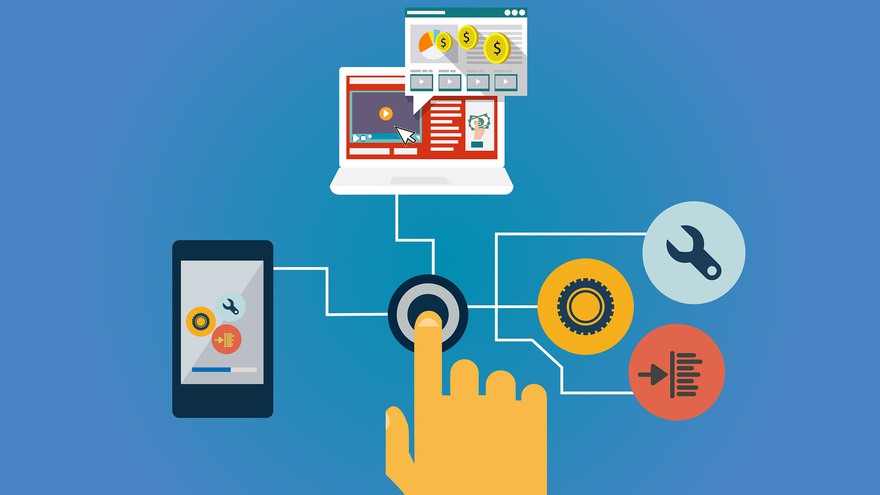Joeri Van Laere
School of Informatics

In this project a large variety of stakeholders are enabled to explore what collective action strategies are most effective to create resilience for payment system disruptions in the food system, the fuel system, the finance system and society at large.
The resilience of the Swedish society in case of a disruption of the payment system does not solely depend on the preventive and mitigating actions of public and private actors directly responsible for the payment system (i.e. the actors represented in SOES and FSPOS). Resilience depends also on how other stakeholders in the food and fuel system, citizens and voluntary organizations react. More importantly, resilience on a societal level depends on how all these stakeholders succeed to develop collective action (instead of when one stakeholder becomes the weakest link and counteracts the initiatives of others).
The main deliverable of the project is the identification and evaluation of a set of collective action strategies to increase resilience for and to mitigate minor and major disruptions of the payment system. Intermediate goals to arrive at this final goal are: a simple and rough computer simulation of the payment system, food system and fuel system; a role playing game where a large variety of societal actors collaboratively interacts with the computer simulation; and measurement techniques to evaluate the 30 game sessions from two quantitative and one qualitative perspective.

Literature research is performed on two themes: "important decision variables in the payment, food and fuel system and their interactions" and "means to obtain collective action in large societal public-private policy networks". Action research involves the development of the computer simulation and role playing simulation and their combined use in 30 game sessions. The first 10 sessions are used to better understand the consequences for each stakeholder, their action alternatives, and the overall system dynamics. Hereafter, the game is refined. In the next 20 game sessions, the game facilitators will actively try to persuade the stakeholders to behave collaboratively and to develop collective action. The game results will be evaluated with qualitative and quantitative methods. Qualitative methods will aim at mapping "how" the different actors reason, "how" they actually collaborate and "how" they overcome difficulties. Quantitative methods will evaluate the "quality of the actual decisions" in the computer simulation and measure "the degree of collaboration".
University of Skövde (HIS), Combitech (CT), Linköping University (LIU) and Mid Sweden University (MIUN) will develop a role playing game and computer simulation, facilitate 30 gaming sessions, analyze results and summarize identified collective action strategies and their impacts (in scientific publications and in practical lessons learned for the various stakeholders).
Who (target groups): Representatives for citizens, voluntary organizations, and public and private actors in the payment-, the food- and the fuel-system will participate actively in the 30 game sessions.
The research project will create insight in how interruptions in the payment system affect the many different stakeholders. Next, these stakeholder groups will become more aware of what different kinds of collective action are available to them, and what the effects of these collective action strategies are for themselves and for Swedish society as a whole. This will in turn increase the resilience of Swedish society with regard to disruptions in the payment system.
All publications related to the project can be found here.

